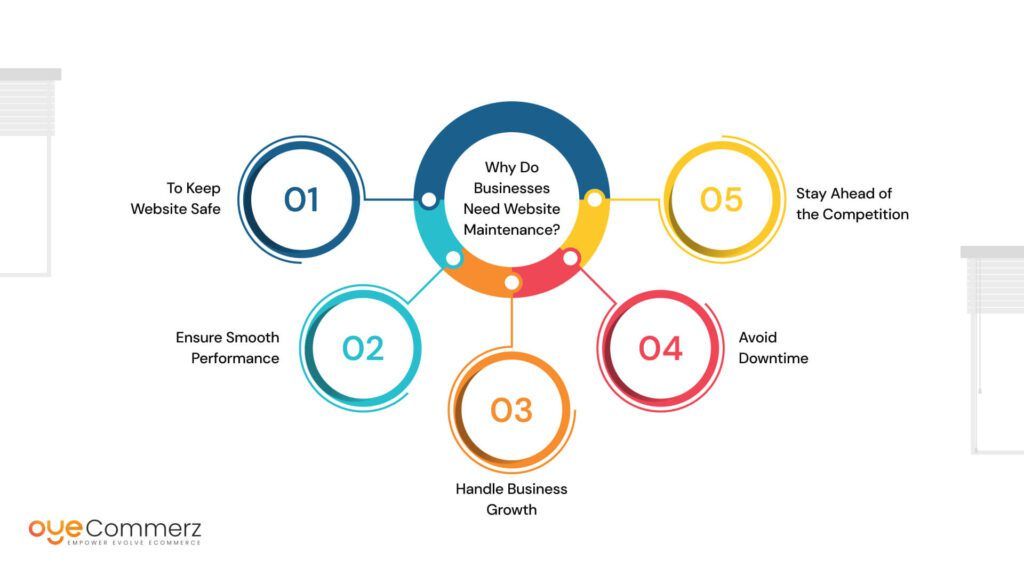In the ever-evolving landscape of online retail, selecting the best solution is vital for your business's success. If you’re currently using WP and thinking about a migration to an alternative, you’re not by yourself. Countless businesses are switching to utilize Shopify’s comprehensive capabilities, ease of use, and growth potential. This guide will take you through the journey of migrating from WordPress to this platform seamlessly, guaranteeing that you unlock your online retail potential.
Why Transition from WP to Shopify?
Before diving into the migration journey, it’s crucial to realize why this transition can be advantageous for your eCommerce business:
Intuitive Design: Shopify offers an intuitive system that makes easier store management, allowing for non-technical users.
Flexibility: As your brand expands, Shopify can support increased traffic and sales without affecting efficiency.
All-in-One Solutions: Shopify comes with built-in features for search engine optimization, analytics, payment management, and more, minimizing the need for multiple plugins.
Robust Protection: With Shopify, you benefit from advanced security features that secure confidential customer data.
Steps for a Smooth Migration
Migrating your eCommerce site from WordPress to Shopify includes multiple steps.
Here’s steps to ensure a smooth transition:
Outline Your Migration Plan
Kick-off by mapping out your migration plan. Pinpoint which components of your current site you plan to migrate, such as:
Product data
Customer information
Transaction records
Posts
Select the Right Migration Solution
Depending on your preferences, opt for a migration service that suits your eCommerce goals. Professional services offers several plans:
Starter Package: Ideal for small stores with limited products.
Standard Migration Package: Suitable for growing businesses with moderate needs.
Premium Migration Package: Perfect for larger stores requiring custom customization.
Backup Your Information
Before starting the migration, make sure that you have a comprehensive backup of your WordPress site. This task is crucial in the event anything goes wrong during the migration.
Export Your Information from WordPress
Utilize extensions or custom scripts to extract essential data from your WP site:
Items
Users
Sales records
Blog posts
Import Content into Shopify
After you have your data retrieved, employ Shopify’s migration apps or third-party apps to upload your content into your new store. Verify that all data is correctly formatted and arranged.
Adapt Your Shopify Store
After migrating information, tailor your Shopify store’s layout to reflect with your style. Consider hiring a designer if you want advanced customization.
Set Up TransactionOptions and Logistics
Set up billing solutions and shipping settings in Shopify to create a seamless transaction experience for Shopify SEO friendly features customers.
Apply Search Engine Optimization Best Practices
To keep your search engine rankings during the change:
Set up 301 redirects from old URLs to new ones.
Update descriptions.
Enhance images and content for search engines.
Evaluate Your New Store
Before launching, thoroughly check your new platform. Look out for any discrepancies, transaction errors, or untransferred content.
Publish Your Site
When everything is in place, it’s the opportunity to publish! Inform the change to your clients and motivate them to explore the new features of your Shopify store.
Post-Migration Support
Post publishing your updated store, continued help is key. Think about engaging service providers who can help with:
Technical support
Promotional campaigns
Improvement strategies
Conclusion
Migrating from Shopify product data migration WordPress to Shopify can be a transformative move for your online retail. By following this guide and working with experts like those offered by OyeCommerz, you can guarantee a smooth transition that enhances your business potential. Embrace the shift and discover the advantages of Shopify today!
